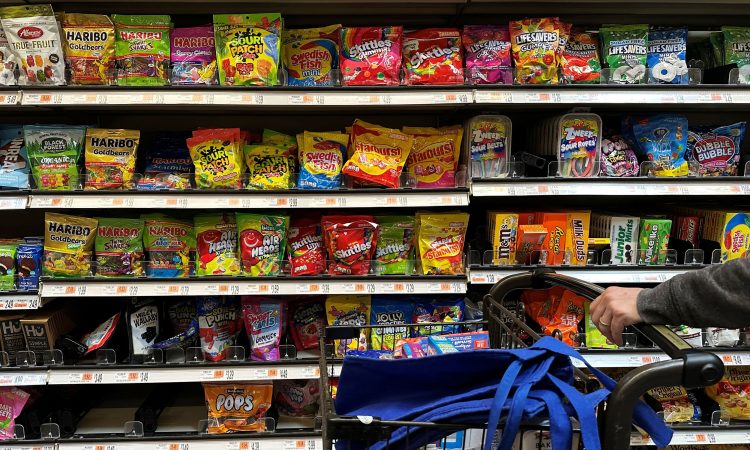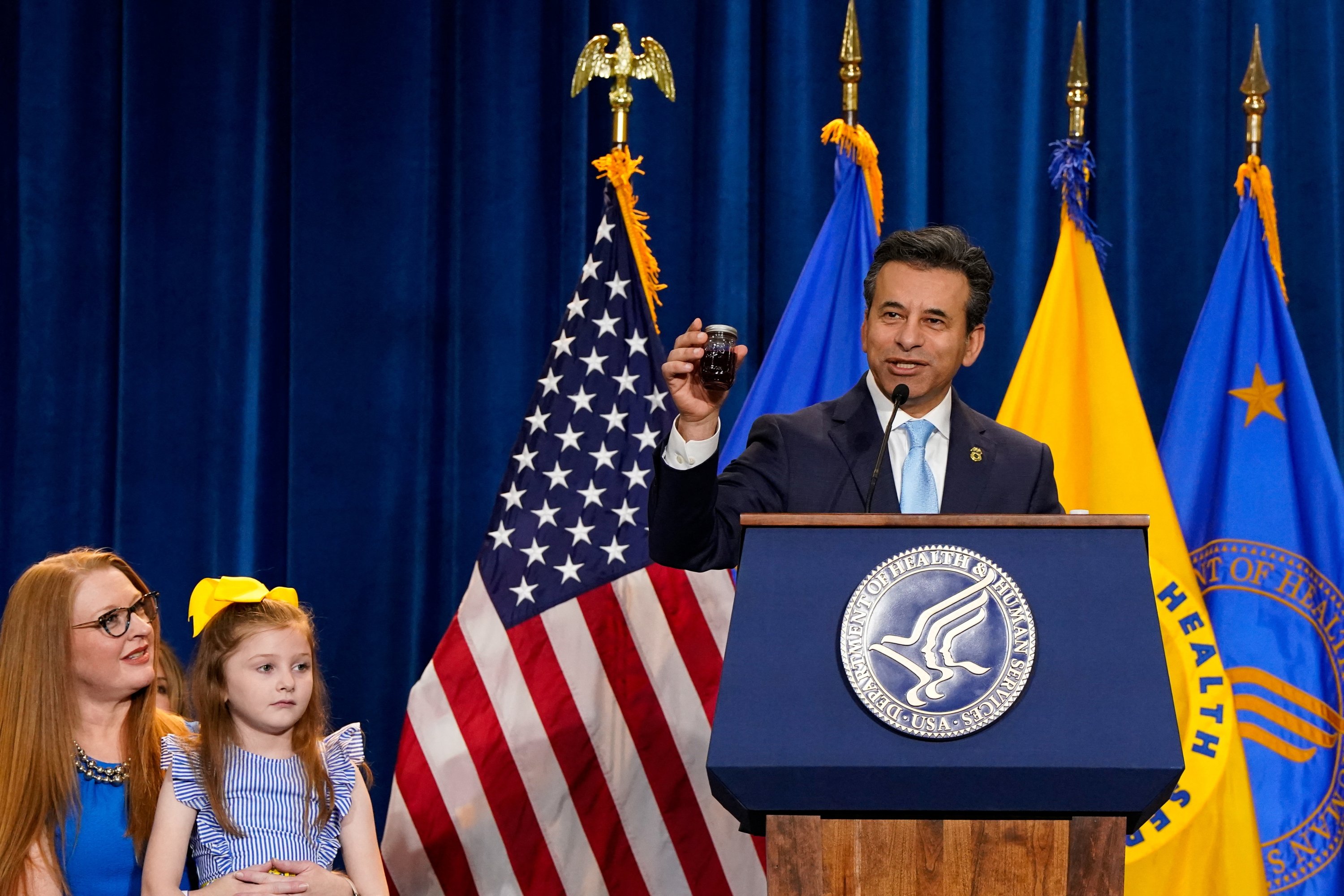The End of Artificial Colors: FDA Moves to Ban Petroleum-Based Food Dyes Amid Health Concerns

A Bold Step Toward a Healthier Future: FDA Announces Phase-Out of Synthetic Food Dyes
For decades, vibrant candies, neon-colored cereals, and brilliantly hued beverages have been staples of the American diet, thanks to petroleum-based synthetic dyes. But now, the U.S. Food and Drug Administration (FDA) is taking decisive action to remove these controversial additives from the food supply, citing growing concerns over their potential health risks—particularly for children.

In a landmark announcement on Tuesday, FDA Commissioner Dr. Marty Makary revealed plans to phase out eight synthetic food dyes, including Red No. 40, Yellow No. 5, and Blue No. 1, within the next two years. The move comes after years of mounting evidence linking these chemicals to behavioral issues in children, potential carcinogenic effects, and long-term health risks.
“A Toxic Soup of Synthetic Chemicals”
“For the last 50 years, American children have increasingly been living in a toxic soup of synthetic chemicals,” Makary stated. “Now, there’s no one ingredient that accounts for the child chronic disease epidemic. Let’s be honest—taking petroleum-based food dyes out of the food supply is not a silver bullet that will instantly make America’s children healthy. But it is one important step.”

The decision follows years of pressure from consumer advocacy groups, state legislatures, and scientific research highlighting the dangers of artificial food dyes. Studies have suggested connections between these additives and hyperactivity, learning difficulties, and even cancer in animal models. While the FDA maintains that the dyes currently on the market are safe at approved levels, the agency acknowledges that decades of underfunded research and evolving science warrant a precautionary approach.
Industry Collaboration Over Regulation—For Now
Rather than imposing immediate bans, the FDA is opting for a collaborative approach with food manufacturers, urging them to transition to natural alternatives voluntarily.
“There are a number of tools at our disposal,” Makary explained. “I believe in love—let’s start in a friendly way and see if we can do this without any statutory or regulatory changes. But we are exploring every tool in the toolbox to make sure this gets done very quickly.”
The agency’s strategy includes fast-tracking approval for natural colorants like butterfly pea flower extract and gardenia blue while revoking authorization for dyes no longer in production, such as Citrus Red No. 2 and Orange B.
Pushback and Praise
The food industry has responded with cautious cooperation. The Consumer Brands Association, representing major packaged goods companies, emphasized that current ingredients have undergone “rigorous study” and are deemed safe. However, Melissa Hockstad, the group’s president, stated that companies are willing to adapt:
“As we increase the use of alternative ingredients, food and beverage companies will not sacrifice science or the safety of our products.”
Meanwhile, consumer advocacy groups applauded the move but cautioned against relying too heavily on industry goodwill.
“It’s encouraging to see the FDA working towards a ban on synthetic food dyes,” said Brian Ronholm of Consumer Reports. “But this multi-step plan relies on voluntary industry efforts that will prolong the time it takes to get dangerous dyes out of our food.”

A Growing Movement
The FDA’s decision aligns with a wave of state-level actions. Over half of U.S. states have introduced legislation to restrict food dyes, with California and West Virginia leading the charge. In March, West Virginia Governor Patrick Morrisey signed one of the nation’s strictest dye bans, signaling a shift toward stricter food safety standards.
Health and Human Services Secretary Robert F. Kennedy Jr. summed up the sentiment succinctly:
“Nobody wants to eat petroleum.”





